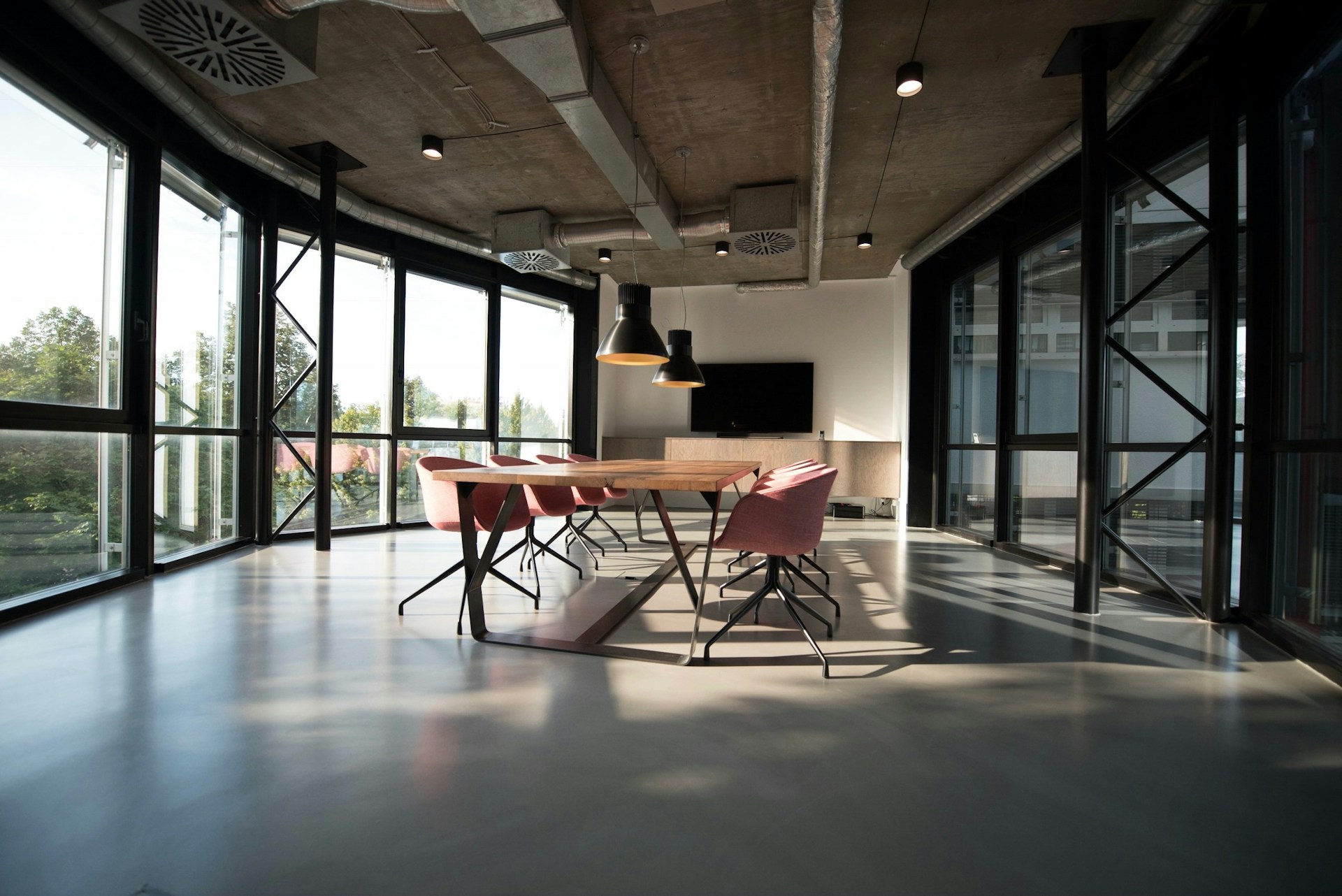
Air Quality Starter Kit
Powered By:



AIRTHINGS indoor air quality starter kit starting at $969 + Tax


Take Control of Your Building
Tune Your Space
Monitor
Report
Display






Wireless Solution
Realtime Data
Standalone Connectivity
Secure & Encrypted








Powered by AIRTHINGS Space Plus,
the award-winning indoor air quality monitoring sensor










Live Indoor Air Quality Monitoring Using Seven Powerful Onboard Sensors


Radon is a colorless, odorless radioactive gas that can seep into buildings and pose a serious health risk. Organizations should care about radon because prolonged exposure can lead to lung cancer, making it essential to test and mitigate radon levels in indoor environments.


Carbon dioxide (CO2) is a colorless, odorless gas that can be dangerous in buildings when it reaches high levels. Excessive CO2 can cause headaches, dizziness, and even affect cognitive function. It is important to monitor and control CO2 levels to ensure a safe and healthy indoor environment for occupants.


High humidity levels in your building can lead to a variety of issues, including mold growth, musty odors, and damage to wood and other materials. Excessive moisture in the air can also create an environment that is conducive to the spread of bacteria and viruses, posing a potential health risk to occupants. It's important to monitor and control humidity levels in order to maintain a safe and comfortable indoor environment.
Volatile organic compounds (VOCs) are emitted as gases from certain solids or liquids, including building materials and furnishings. These compounds can have short- and long-term adverse health effects if not properly controlled. In your building, VOCs can contribute to indoor air pollution, leading to respiratory issues, headaches, and other health problems. It's essential to be aware of the sources of VOCs in your building and take measures to minimize their impact on indoor air quality.




Temperature is a crucial factor to monitor in any building, as it directly impacts the comfort and well-being of its occupants. Whether it's too cold or too hot, maintaining a consistent and comfortable temperature is essential for productivity and overall satisfaction. Additionally, proper temperature control can also contribute to energy efficiency and cost savings. Therefore, regular monitoring and maintenance of the building's temperature systems is essential for creating a comfortable and efficient environment.


Air pressure plays a crucial role in maintaining indoor air quality and comfort levels in a building. Monitoring air pressure ensures proper ventilation and prevents the infiltration of outdoor pollutants. It also helps prevent issues such as mold growth and air leaks, ultimately contributing to a healthier and more energy-efficient indoor environment.


Ensuring the correct light levels in the workplace is essential to occupant well-being, as poor lighting can cause eyestrain, fatigue, and headaches, and lighting in unoccupied areas impacts your building's energy efficiency
Receive reports, alerts and notifications direct to your inbox keeping you fully informed about your indoor environment



Certified Partner
Schedule A Demo
Learn More About How We Monitor Air, Sound, Light, and Temperature to Create the Ultimate Space and Secure Your Starter Kit.


TUNE MY SPACE LLC
Afton , Virginia 22920
(434) 218-5812
support@tunemyspace.com


